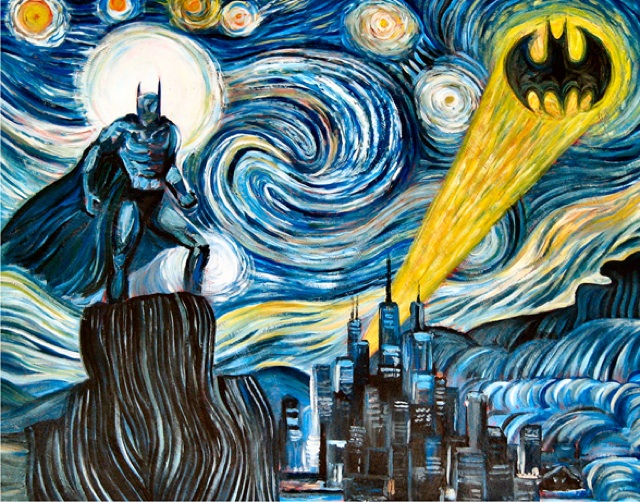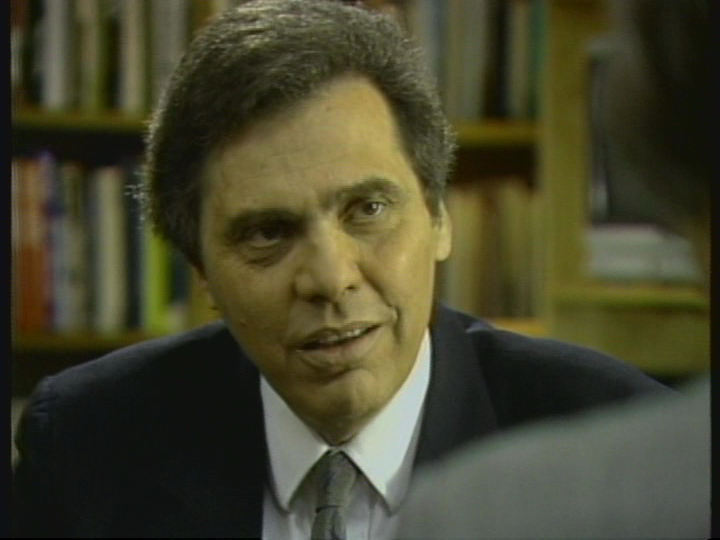In my last post, Ad-ding Interactivity, I touched on ubiquitous computing and mobile devices, and here I'd like to add a little bit more, via this video released by Corning Glass earlier this year. Here, we see a mix of older notions of ubiquitous computing, with computer technology embedded into the environment, in walls, mirrors, tables, desks, refrigerators, cars, etc., along with the more recent addition of portable computer gadgets (e.g., cell phones).
Here's what Corning had to say about it:
Here's what Corning had to say about it:
Watch "A Day Made of Glass" and take a look at Corning's vision for the future with specialty glass at the heart of it.
Learn more about Corning at corning.com. Search for career opportunities at corning.com/careers.
Of course, Corning would place the emphasis on glass, a substance that is quite ubiquitous in and of itself, so much so that it becomes quite, well, transparent. In a fashion that McLuhan would certainly approve of, Corning wants to make the invisible environment visible, reverse figure and ground, and make us aware of how much we live in glass houses, and how much more so we may in the future.
Looking into the future, this emphasis on glass brings to mind a few other visions of the future. One is computer scientist David Gelernter's book Mirror Worlds, which imagines a future when software allows us to create electronic maps that effectively cover almost all of the territory (and yes, Korzybski would still remind us that they can never actually be the territory). Gelernter ignored the political implications of such innovations--all's well that end's orwell? That does not justify the fact that he was a victim of the unabomber, I hasten to add.
On the other hand, science fiction writer David Brin gives us a vision of technology in the service of democracy in his nonfiction book, The Transparent Society. Admittedly idealistic, possibly impractical, I am certain McLuhan would agree that the bias of the electronic media is towards no barriers to communication, no secrets, free flows of information, and letting it all hang out, as we used to say in the sixties.
The end of privacy is not necessarily a good thing, it has its advantages and disadvantages, but Brin's view is that this is the direction we are heading into, so rather than fight it, let's direct it to serve the people, rather than merely observe us. Let's have the surveillance of all by all, including and especially the surveillance of the rich and powerful by the rest of us. No doubt, wikileaks comes to mind, but for a moderate approach, I'd recommend the Sunlight Foundation. And please note that the idea is not a complete abolition of all privacy, no cameras in bathrooms and bedrooms required!
There is something to say about living in glass houses, it does drastically cut down on stone throwing, much more so than self-evaluation of sin. On the other hand, glass gives us reflective surfaces as well as transparent ones, a point emphasized in regard to interface design in Jay David Bolter and Diane Gromala's book, Windows and Mirrors. And this brings to mind an old Yiddish parable--interestingly, I found one nice version of it on a site devoted to Primitive Christianity, and I'm sure they won't mind me sharing it here as well:
A very rich young man went to see a rabbi in order to ask his advice about what he should do with his life. The rabbi led him over to the window and asked him:
“What can you see through the glass?"
“I can see men coming and going and a blind man begging for alms in the street.”
Then the Rabbi showed him a large mirror and said to him:
“Look in this mirror and tell me what you see.”
“I can see myself.”
“And you can’t see the others. Notice that the window and the mirror are both made of the same basic material, glass; but in the mirror, because the glass is coated with a fine layer of silver, all you can see is yourself. You should compare yourself to these two kinds of glass. Poor, you saw other people and felt compassion for them. Rich—covered in silver—you see yourself. You will only be worth anything when you have the courage to tear away the coating of silver covering your eyes in order to be able to see again and love your fellow man.”
It is worth pondering whether our future days made of glass, if Corning's vision does come to pass, leave us in a state similar to Narcissus, entranced by our reflections, or whether they will provide us with clear vision, not only of the ways things are, but the way things could be, and ought to be.












